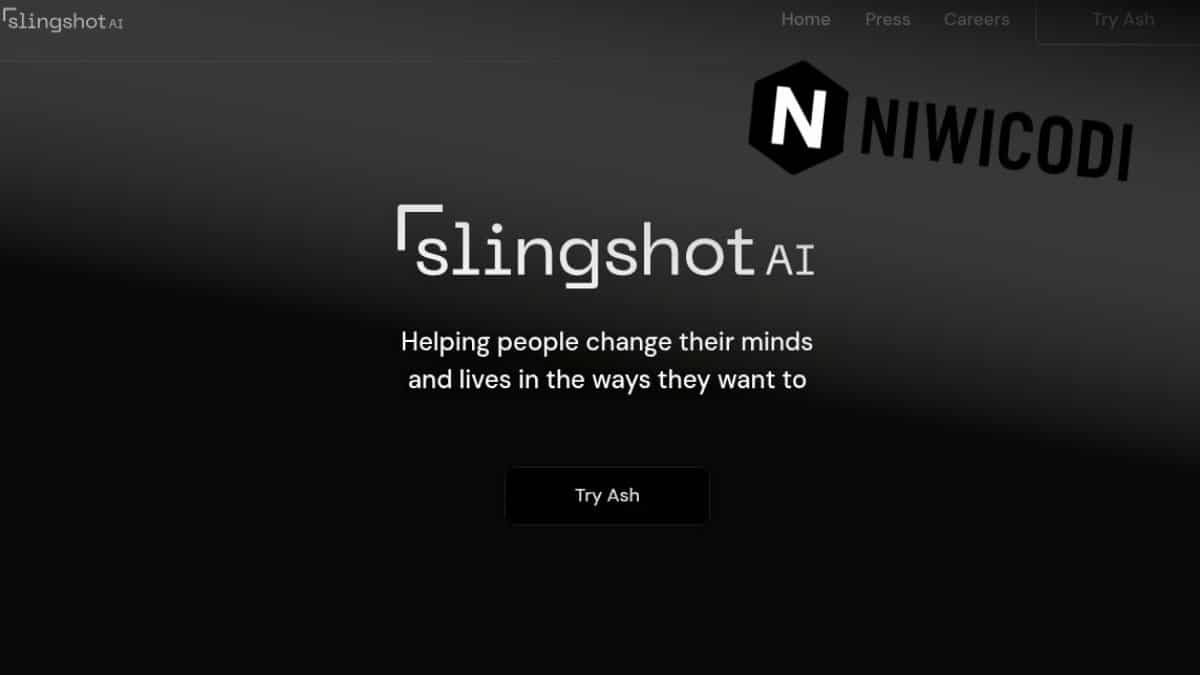Artificial intelligence has become a cornerstone of technological innovation, yet its evaluation remains an intricate puzzle. The Laude Institute’s new ‘Slingshots’ AI grants aim to tackle this challenge by empowering startups dedicated to advancing AI evaluation methods. The initiative is both a strategic and timely move, as understanding AI’s capabilities and limitations is crucial in today’s tech landscape.
Dissecting the AI Evaluation Conundrum
AI systems are increasingly woven into the fabric of daily life. From recommendation algorithms on streaming platforms to autonomous vehicles, the impact is widespread. However, evaluating these systems is far from straightforward. Traditional metrics often fall short when assessing the nuanced performance of AI models, especially those dealing with complex tasks like language understanding or ethical decision-making.
The Slingshots AI grants represent a targeted effort to bridge this gap. By providing resources that are typically out of reach for academic institutions, the initiative sets the stage for startups to innovate without financial constraints. This is not just about funding; it’s about enabling deeper exploration into evaluative mechanisms.
Consider, for instance, the challenge of bias detection in AI algorithms. Current evaluation frameworks often miss subtle biases that only become apparent in real-world applications. With Slingshots backing, startups can develop more sophisticated tools to identify and mitigate these biases, ensuring fairer outcomes across diverse user groups. To read This AI investor’s test for wearables hits hard in 2025
Moreover, the grants encourage collaboration and knowledge sharing among recipients. In an industry where proprietary technology often reigns supreme, fostering a community-centric approach could lead to breakthroughs that benefit the broader AI ecosystem. Imagine open-source evaluation tools that set new standards for transparency and accountability—this is within reach if collaborative efforts are prioritized.
The debut batch of 15 startups underlines the diversity of approaches being explored. Each brings a unique perspective to AI evaluation, whether through novel benchmarking techniques or innovative stress-testing methodologies. This diversity not only enriches the field but also accelerates progress by challenging established norms and encouraging out-of-the-box thinking.
The Slingshots initiative reflects a broader trend in tech towards continual improvement: recognizing that as AI grows more complex and pervasive, our methods for understanding and regulating it must evolve accordingly. By investing in evaluation-focused startups today, we’re laying the groundwork for more robust AI systems tomorrow.
Ultimately, the success of this program could redefine how we perceive AI accountability and performance metrics. It’s a reminder that in the race to develop smarter machines, ensuring they are evaluated thoroughly and fairly is just as important as building them in the first place. As we look ahead, one can only hope that initiatives like Slingshots not only inspire technological advancement but also instill a culture of responsible innovation.


